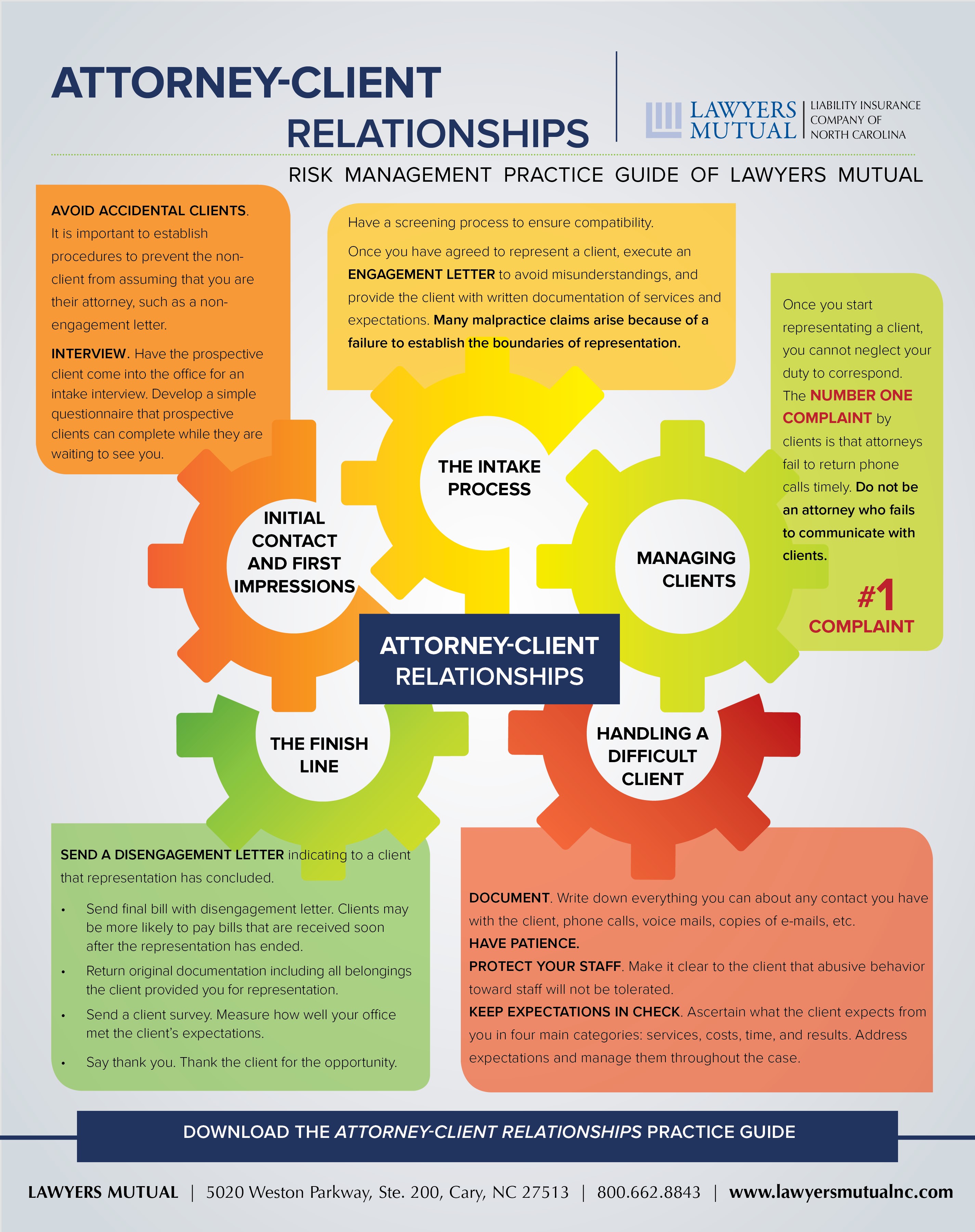Usual Myths About Criminal Protection: Debunking Misconceptions
Usual Myths About Criminal Protection: Debunking Misconceptions
Blog Article
Published By-Black Kelleher
You've most likely listened to the misconception that if you're charged with a criminal offense, you need to be guilty, or that remaining quiet methods you're hiding something. These extensive beliefs not only misshape public understanding yet can likewise affect the outcomes of legal process. It's essential to peel off back the layers of misconception to recognize real nature of criminal protection and the rights it shields. What if you understood that these misconceptions could be taking apart the extremely structures of justice? Sign up with the conversation and discover exactly how disproving these myths is crucial for guaranteeing fairness in our lawful system.
Myth: All Defendants Are Guilty
Typically, people mistakenly think that if someone is charged with a crime, they should be guilty. You might think that the legal system is foolproof, yet that's far from the fact. Fees can stem from misconceptions, mistaken identities, or inadequate proof. It's crucial to keep in mind that in the eyes of the regulation, you're innocent till proven guilty.
This anticipation of innocence is the bedrock of the criminal justice system. It makes certain that the burden of proof lies with the prosecution, not you. They need to establish beyond an affordable uncertainty that you dedicated the criminal activity. This high common secures people from wrongful sentences, making sure that no person is penalized based upon assumptions or weak evidence.
Additionally, being billed doesn't mean the end of the road for you. You can protect on your own in court. This is where a knowledgeable defense attorney comes into play. They can challenge the prosecution's case, present counter-evidence, and advocate in your place.
The intricacy of lawful procedures often calls for experienced navigation to protect your civil liberties and achieve a reasonable end result.
Myth: Silence Equals Admission
Many believe that if you choose to continue to be quiet when accused of a criminal offense, you're essentially admitting guilt. However, this could not be additionally from the reality. Your right to continue to be silent is shielded under the Fifth Change to prevent self-incrimination. It's a lawful secure, not a sign of guilt.
When you're silent, you're actually working out a fundamental right. This prevents you from claiming something that might inadvertently harm your defense. Keep in mind, in the warmth of the minute, it's easy to get baffled or speak inaccurately. Police can interpret your words in ways you didn't intend.
By remaining quiet, you offer your legal representative the best chance to protect you properly, without the problem of misinterpreted declarations.
Furthermore, it's the prosecution's task to confirm you're guilty past a reasonable doubt. Your silence can't be utilized as proof of regret. As a matter of fact, jurors are advised not to translate silence as an admission of guilt.
Misconception: Public Defenders Are Inadequate
The false impression that public protectors are inadequate continues, yet it's critical to comprehend their vital function in the justice system. read the article think that because public defenders are frequently strained with cases, they can't supply top quality defense. However, this overlooks the deepness of their dedication and competence.
Public protectors are totally accredited attorneys who have actually selected to concentrate on criminal regulation. They're as qualified as private attorneys and often extra seasoned in trial job because of the volume of situations they manage. You may believe they're less determined due to the fact that they don't select their customers, but in reality, they're deeply dedicated to the perfects of justice and equal rights.
It's important to bear in mind that all legal representatives, whether public or exclusive, face difficulties and restrictions. federal criminal attorney collaborate with fewer resources and under even more pressure. Yet, they consistently demonstrate strength and imagination in their defense approaches.
Their duty isn't just a job; it's a mission to make sure that every person, despite income, obtains a fair test.
Conclusion
You might think if a person's charged, they should be guilty, however that's not how our system works. Choosing to remain silent does not mean you're confessing anything; it's just smart protection. And do not ignore just click the next document dedicated experts dedicated to justice. Bear in mind, every person should have a fair test and proficient depiction-- these are fundamental rights. Let's lose these misconceptions and see the lawful system of what it absolutely is: an area where justice is sought, not just punishment dispensed.
